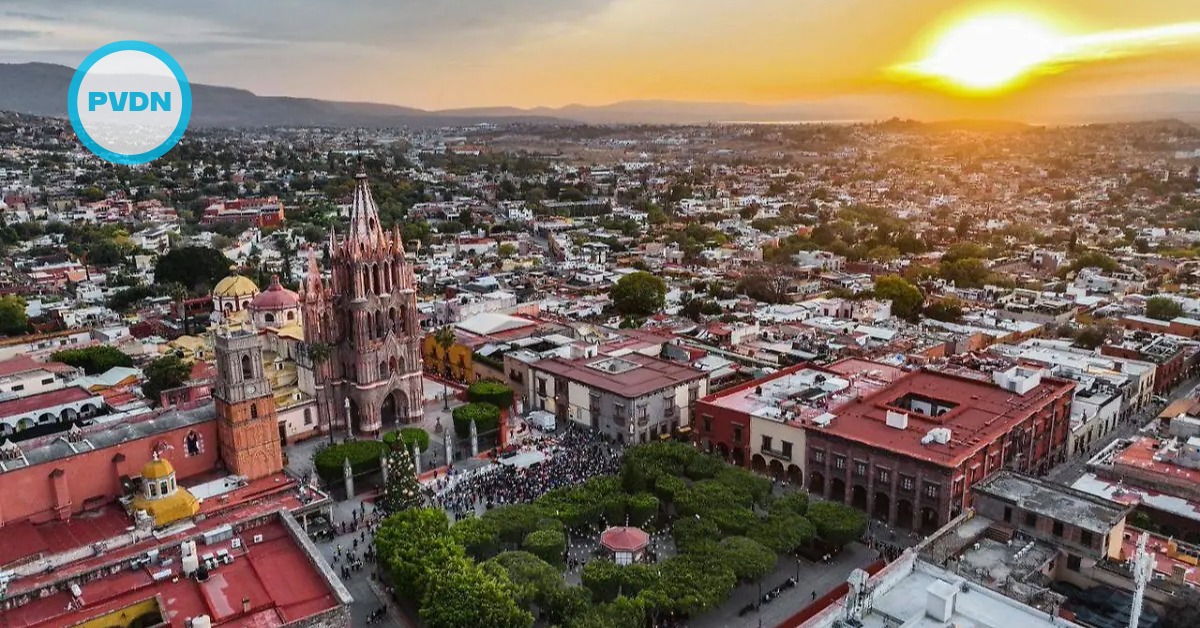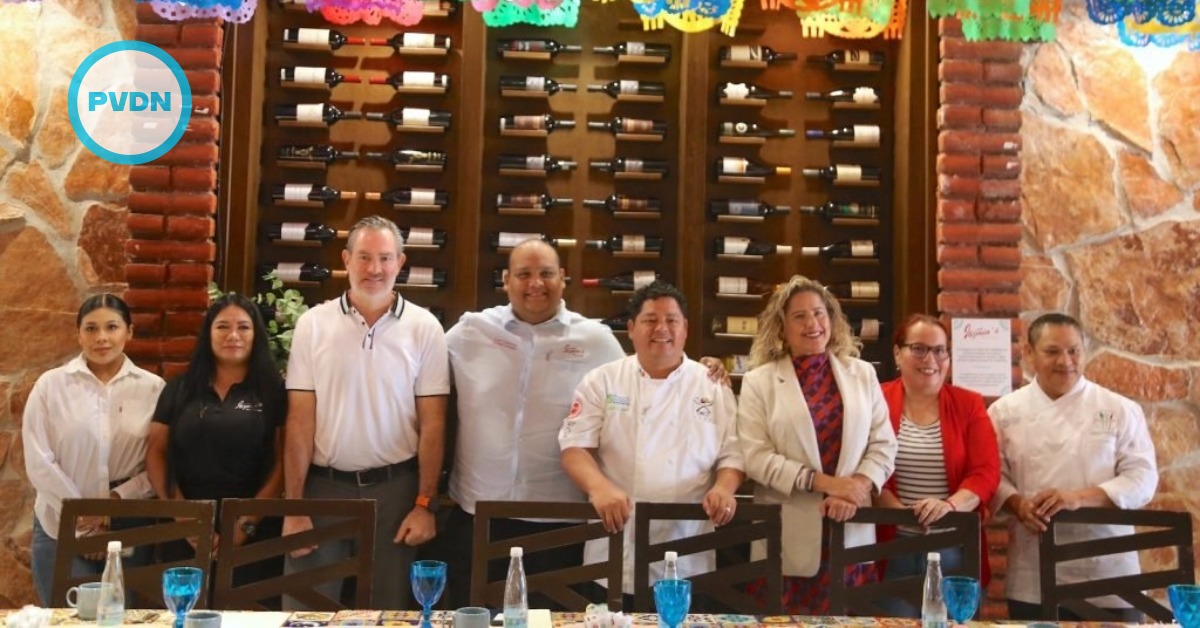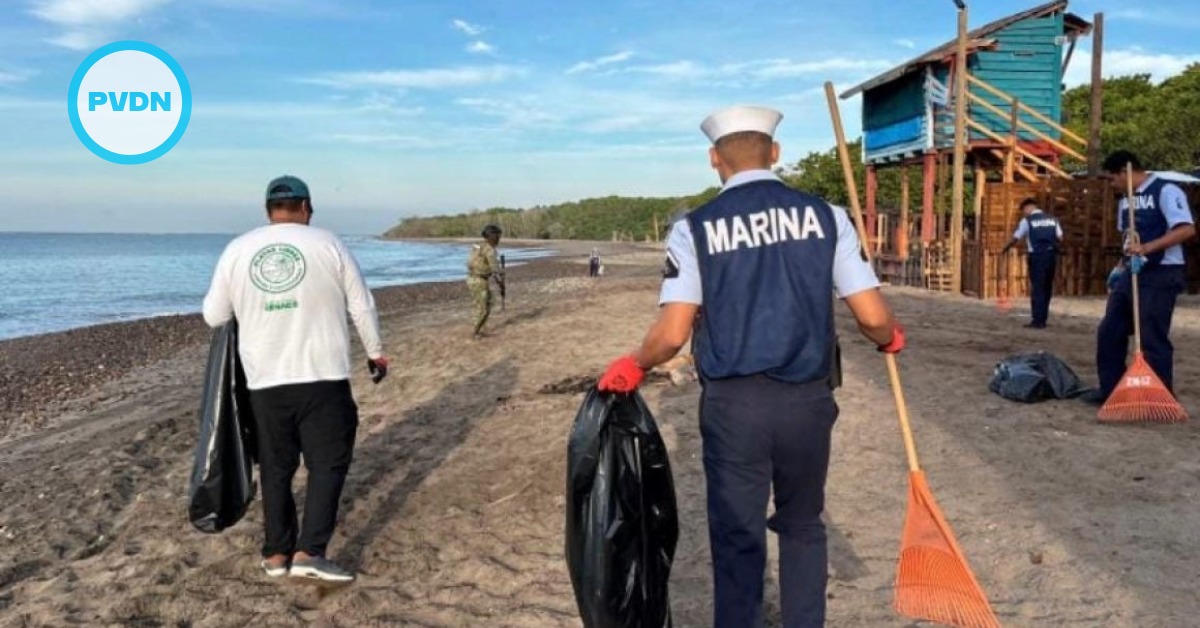Ordering a bottle of Corona beer at a bar in the United States is a simple proposition.
Getting it there from its brewery in Mexico involves a complex, cross-border supply network that will likely get more complicated if U.S. president Donald Trump follows through on vows to renegotiate the North American Free Trade Agreement (NAFTA) or tax imports.
Trump has not outlined specific plans for revising NAFTA, but he has made repeated calls for a levy to discourage companies from moving jobs outside the United States. On Thursday, the White House floated a plan to impose a 20 . . .






